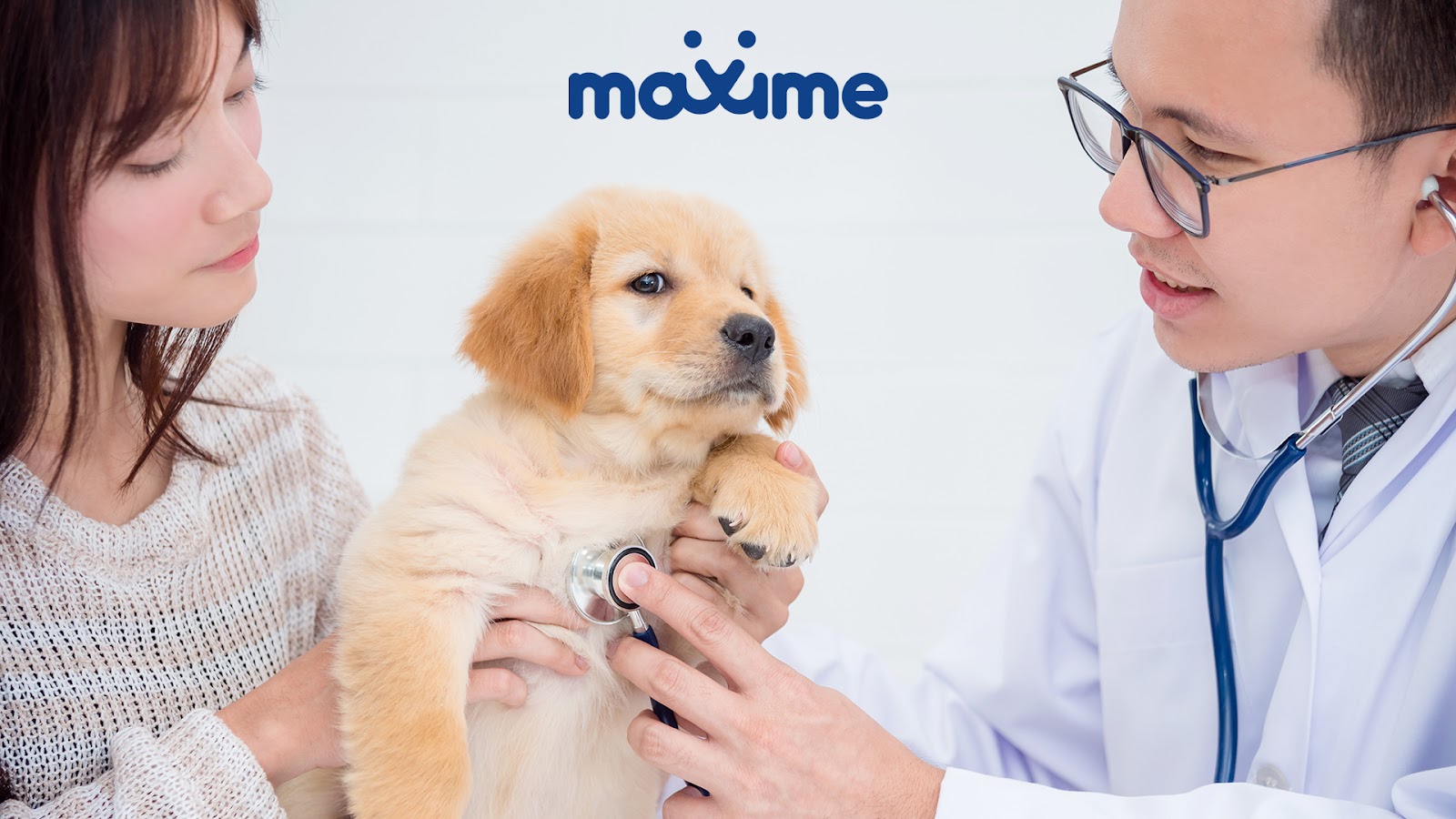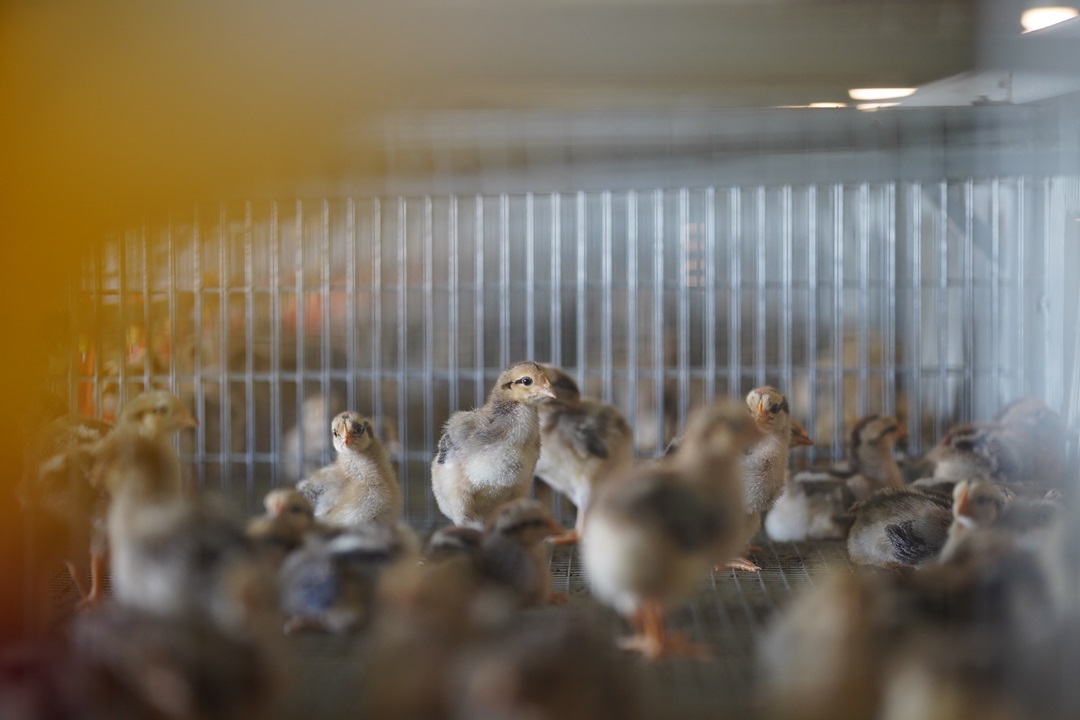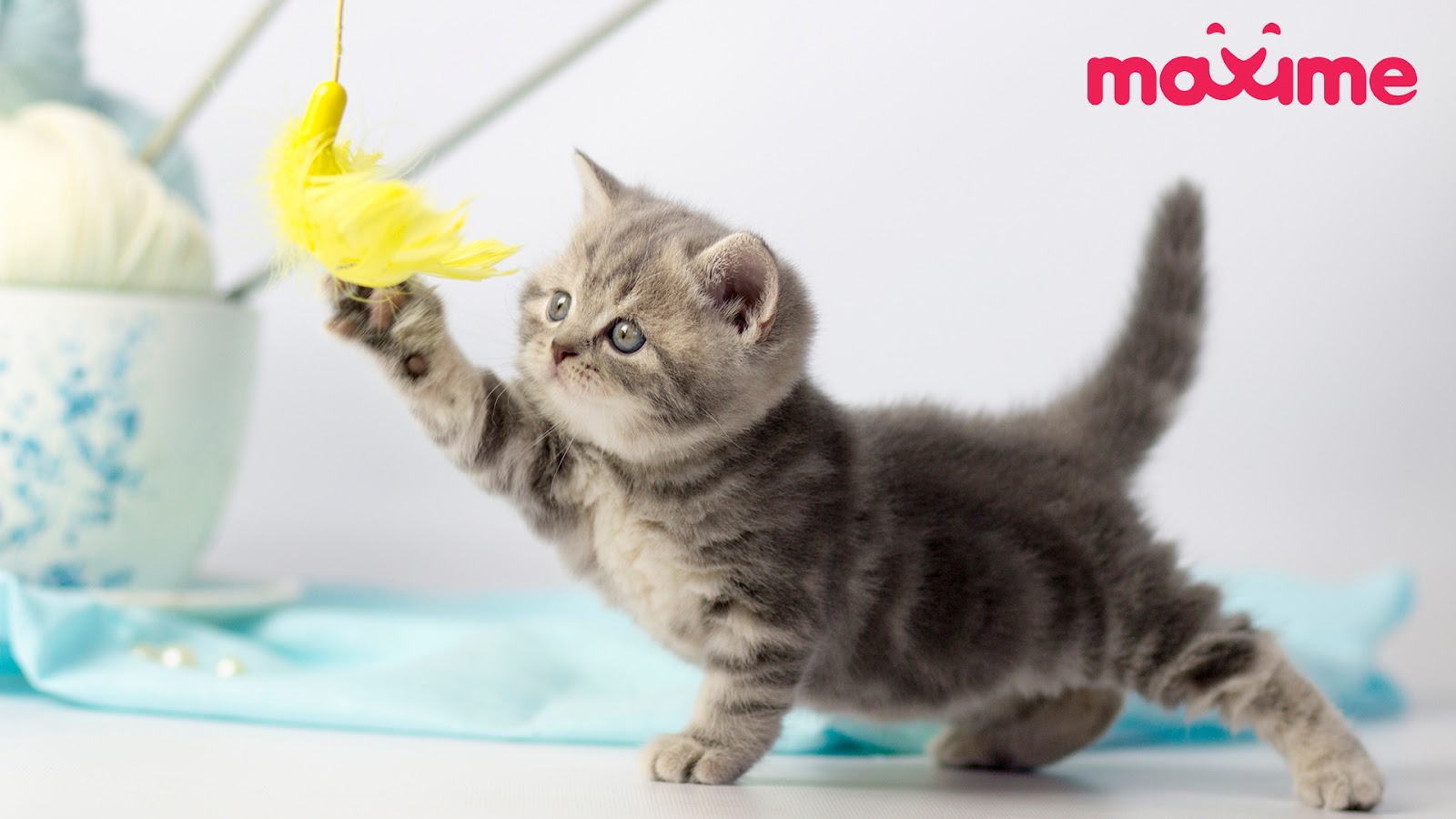
The Vet Checklist: Essentials for your new pet
Taking care of a new pet is an infinitely rewarding experience as much as it is a challenging one. To ensure that you’d live the best life together with your new floof baby, you’d want to establish a healthy lifestyle for them right from the start.
One of the foundations of having a healthy floof baby is having good veterinary care right from the start. Here at Maxime, our team of experts has consolidated a rundown of health-related concerns that you’ll need to check off your list once you visit the vet as a new pet owner.
1. Choose the right veterinarian for your cat or dog.
Choosing a veterinarian for your pet is one of the most important decisions you’ll ever make as a pet paw-rent, as your chosen veterinarian will be your pawt-ner in helping your floof baby lead a long and healthy life.
When selecting a vet, get personal recommendations from friends and family and other people you trust. Consider the proximity of your location and the vet’s clinic hours too — will they be able to accommodate you in case of emergency? Ask for the services they offer and check if their clinic is clean and well-organized.
2. Deworming
Whether your new pup or kitten is a purebred or a rescued one, most newborn pets are born with internal and external parasites. Deworming is part of a preventive care regime that you can establish with your new floof babies as early as 3 weeks of age.
Newborn pups and kittens usually need to be dewormed every 2 weeks until they reach 3 months of age. Afterward, it’s best to discuss with your trusted veterinarian the next steps for your floof baby’s deworming schedule.
3. Anti-rabies shots
Rabies is a viral disease that poses a serious threat to both animals and humans. It affects the brain and the central nervous system and is often fatal. It’s also zoonotic, which means it can be passed by an infected animal to its human owner.
The good news is that rabies is preventable! As early as four months old, your cute pup or kitten can get their anti-rabies shot. By vaccinating your floof baby, you’re not only protecting them and yourself from contracting the disease — you’re also protecting the other animals they may come into contact with.
4. Core vaccinations
We all want our doggos and cattos to live a long and healthy life. But no matter how protective we are of them — whether they stay strictly indoors or go outdoors — they would always remain at risk of exposure to certain diseases, just like us, humans.
Vaccinating your pet is the easiest way to increase your pet’s protection against diseases. There are different vaccines available for different diseases, and it’s important to consult with your veterinarian so you can determine the best vaccination regime for your pet, relative to their current lifestyle and health.
Here are the core vaccines that are considered vital for your floof babies:
For dogs: Vaccines for canine parvovirus, distemper, canine hepatitis, and rabies are considered core vaccines.
For cats: Vaccines for feline panleukopenia (FIV), feline calicivirus (FPV), feline herpesvirus type I (FHV1), feline leukemia virus (FeLV), and rabies.
Getting a new bundle of joy is tremendously exciting but it’s not just all about sunshine and rainbows! As paw-rents, it’s our responsibility to take care of their well-being all the time, and that includes providing them proper healthcare.
On top of this list, make sure to provide your babies with proper nourishment through their diet. Delight them with a complete and minerally-balanced meal with Maxime, formulated with all the right ingredients to help you #LiveTheBestLifeTogether with your doggos and cattos!
References:
Cesar Millan
Bergen County Veterinary Center
American Society for the Prevention of Cruelty to Animals



